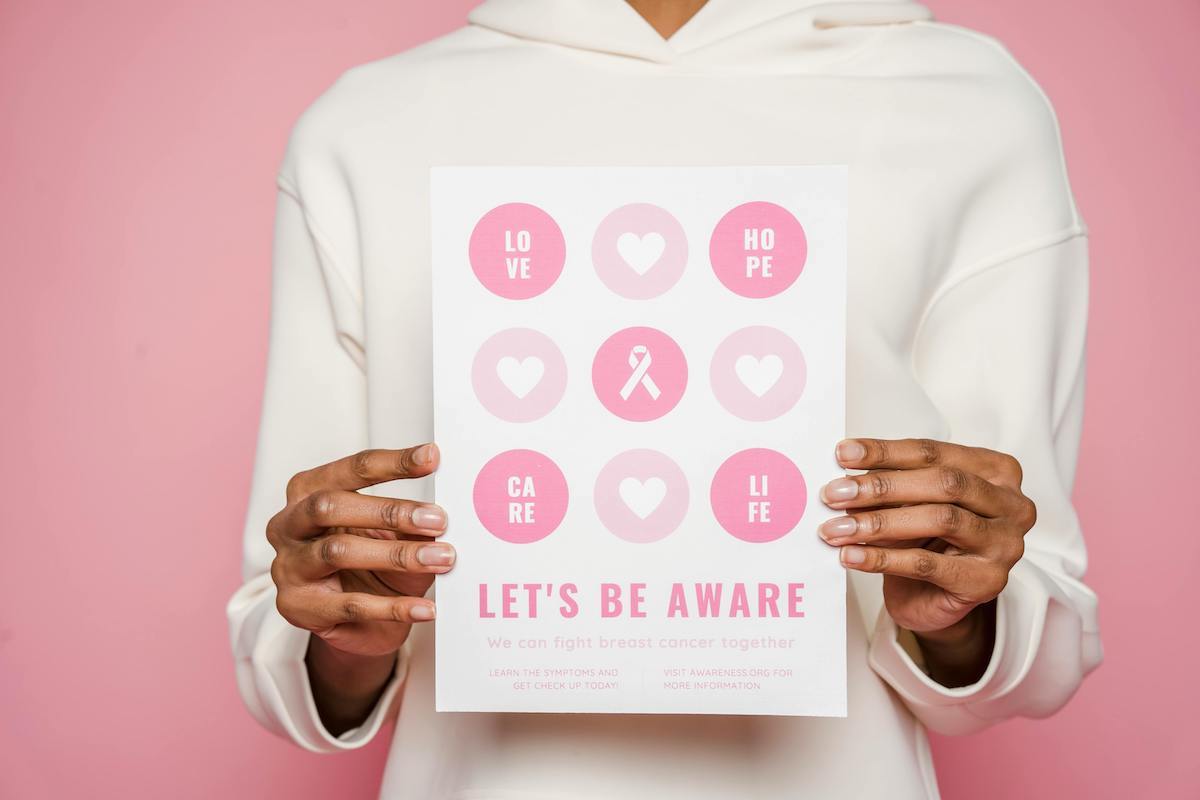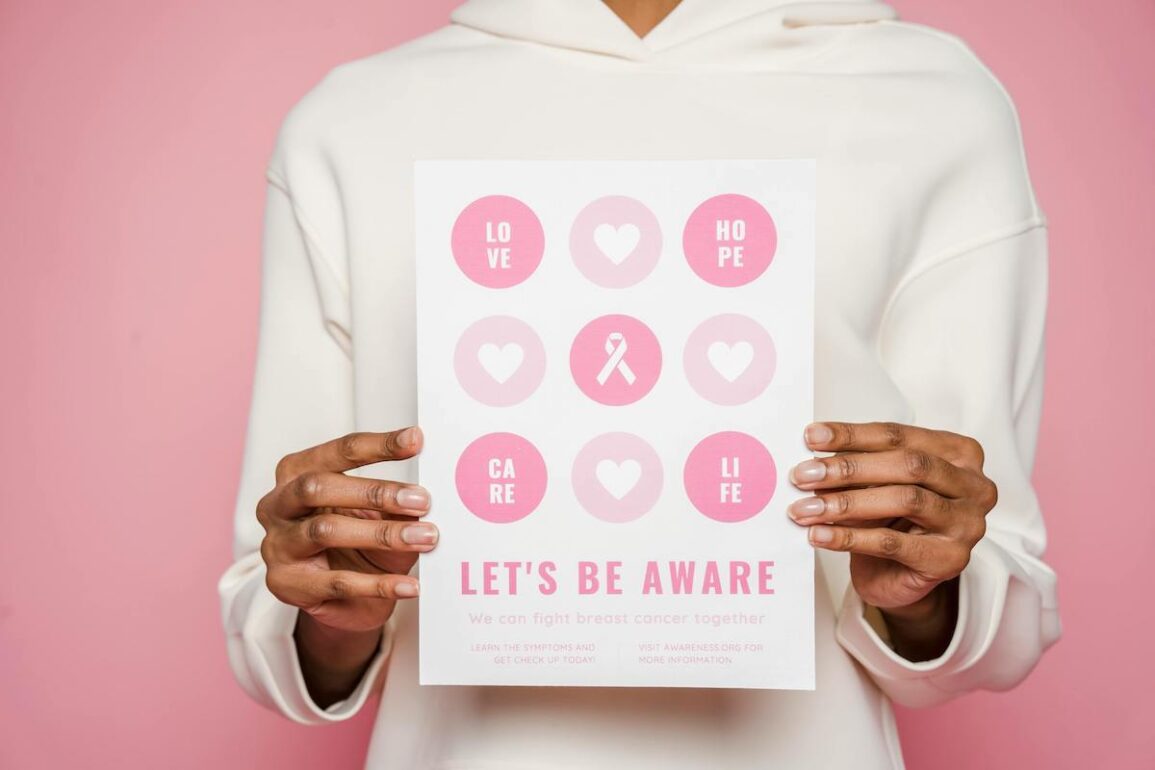
Each October, during Breast Cancer Awareness Month, we amplify the importance of being knowledgeable on the risks and impact of the disease while also celebrating the brave individuals who have survived their own bout. As technology evolves, so do the testing mechanisms available to help us better detect the signs and symptoms. The Food and Drug Administration (FDA) recently issued a ruling that could significantly help Black women.
The update requires mammography result summaries to start, including a breast density notification statement. This rule may save lives in the Black community, as Black women tend to have denser breast tissue than white women, which may increase their risk of breast cancer and make it more difficult to spot the initial signs on a mammogram. Ultimately, it standardizes the notification language people receive, ensuring all individuals across the country have consistent information about the makeup of their breast tissue.
“The new federal rule on breast density provides women across the U.S. with vital and more consistent information on their breast density. Women with very dense breasts are 4-5 times more likely to get breast cancer than women with fatty breasts, and some studies show that Black women are more likely to have dense breasts,” Natasha Mmeje, Director of Community Education and Outreach for Susan G. Komen told EBONY.
“Breast cancer health disparities greatly affect Black women, and having more information can help to empower women to advocate for themselves and have informed conversations with their health care providers. Susan G. Komen encourages women to talk with their health care providers about their breast density, as well as their risk for breast cancer, and consider what breast imaging is right for them,” she added.
Though it is mandatory for medical providers to now include this information on all mammogram results, as we have seen, Black women often face medical discrimination and aren’t always afforded the same care as their non-Black counterparts. To ensure you are given all the essential information that could help save your life, Mmeje suggested that we have the below questions handy for our doctors.
- Did my report show if I have dense breasts, and if so, what screening tests should I get, and how often should I get them?
- What things might affect the density of my breast?
- What medications can affect breast density?
- After I have a mammogram, how will I receive information about my breast density?
- As I get older, if my breast density changes, will the changes affect my breast cancer risk?
- Are there any clinical trials related to breast density that I might be eligible to participate in?
If your doctor shares that you have dense breasts, be sure to ask the following:
- Since I have dense breasts, will my family members have them too?
- Since I have dense breasts, what steps can I take to lower my risk of breast cancer?
- What screening tests should I get from now on, and how often should I get them?


